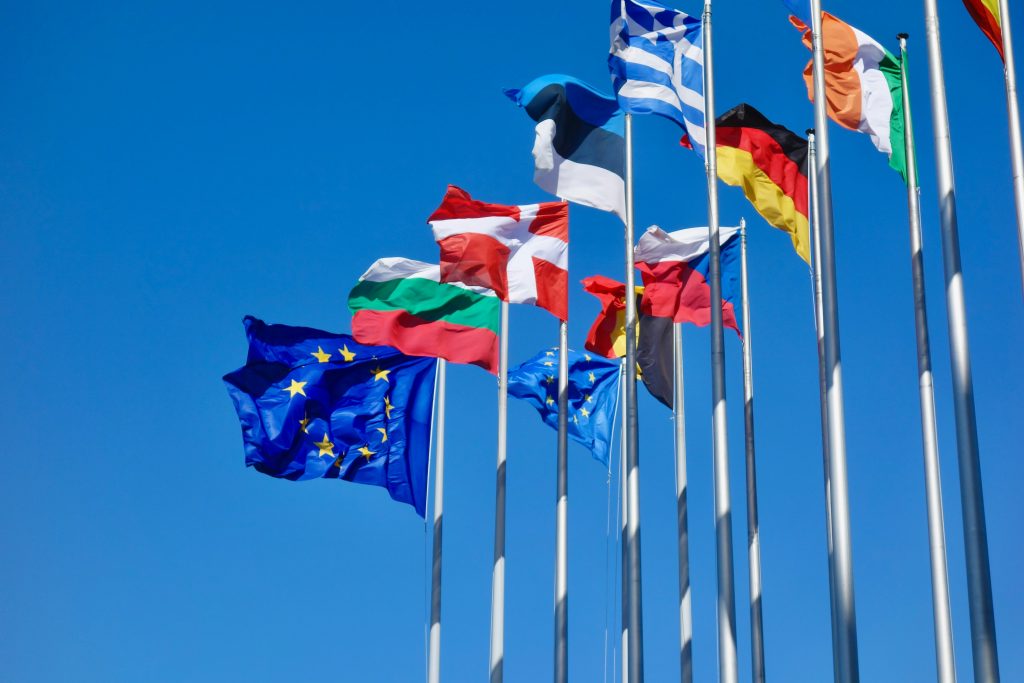In the 31 May 2018 ECtHR judgment in the case of Abu Zubaydah v. Lithuania, the Court found that a secret CIA detention site operated in Lithuania for more than a year.
Lithuania violated the principles of the ECHR
From February 2005 to March 2006, Abu Zubaydah, linked with the organization of the 9/11 attacks, was held and interrogated at a facility in Lithuania codenamed Detention Site Violet. It should be noted that he was not officially charged with anything and that he is currently imprisoned at Guantanamo Bay.
The Court unanimously ruled that Lithuania cooperated with the United States in carrying out the secret Rendition Detention Interrogation Program targeting High-Value Detainees suspected of terrorism. This led to Lithuania committing numerous violations of the European Convention on Human Rights with respect to Abu Zubaydah, who was secretly detained: inhuman treatment, violations of the right to liberty and the right to respect for private life. As there was no effective investigation into these actions in Lithuania, the Court also found a violation of Article 13 (right to an effective remedy).
This decision is not yet final and will come into force in three months should the case not be referred to the Grand Chamber. Any party to the case may request such a referral.
Detention conditions tantamount to inhuman treatment
The European Court of Human Rights found that Lithuanian officials helped purchase a riding academy in Antaviliai (which was later converted to a secret detention site), made it possible for the CIA to secretly transport detainees by air to and from the country, and enabled agents to transport people within the country’s territory. The State Security Department played a key role in all of this by ensuring that these actions were carried out and remained secret. The confidentiality of these operations meant that even the highest state officials of Lithuania most likely did not know the exact details.
Even though the Court could not establish whether enhanced interrogation techniques (such as waterboarding) were used on Abu Zubaydah in Lithuania, it found that his detention conditions (continuous bright light in solitary confinement, constant loud noise) were tantamount to inhumane treatment. The Court deemed the pre-trial investigation into possible violations of Lithuanian law carried out in Lithuania to be ineffective. The violation of the right to freedom and the right to privacy stemmed from the fact that Abu Zubaydah was held in secret detention without any legal basis and was not allowed to contact his relatives for more than a year. When the US authorities decided to close the detention site, the Lithuanian authorities made it possible to move the applicant to another secret detention site in Afghanistan, thus enabling further violations of his rights.
Not the first such decision
The judgment in Abu Zubaydah v. Lithuania is one of a series of ECHR rulings relating to the 2001-2009 CIA Rendition Detention Interrogation Program. In 2014, the Court that Poland was guilty of similar violations against the same applicant. Two other countries were found to be in breach of their human rights obligations – Romania (Al Nashiri v. Romania, judgment of 31 May 2018) and Macedonia (El Masri v. Macedonia, judgment of 13 December 2012).
These judgments serve as a reminder that neither national security nor other interests can justify the denial of natural human rights in a democracy. It is clear that any permission given to another state to carry out such acts is incompatible with the Constitution of Lithuania. When examining the issue of the death penalty back in 1998, the Constitutional Court of Lithuania held that the fundamental nature of human rights means “that they apply to both the best and the worst people”. As such, state-sanctioned cruel treatment of a human being dehumanizes the latter, with him or her being treated as an object to extract evidence from and punish.
In this respect, the ECtHR maintains that, according to Article 3 of the European Convention on Human Rights, “…every human being has an absolute, inalienable right not to be subjected to torture or to inhuman or degrading treatment under any circumstances, even the most difficult. The philosophical basis underpinning the absolute nature of the right under Article 3 does not allow for any exceptions or justifying factors or balancing of interests, irrespective of the conduct of the person concerned and the nature of the offence at issue” (Gäfgen v. Germany).
Challenge for the protection of fundamental rights
As evidenced by the secret prison story, circumstances such as secrecy, inadequate accountability of intelligence services and, at times, even personal interests (the 2014 report of the US Senate Committee, cited by the ECtHR, mentions that the CIA, to secure cooperation, gave large sums of cash to high-level government officials) can pose a serious challenge to the protection of fundamental rights and the rule of law. As such, to safeguard Lithuania’s identity as a democratic state, to protect its reputation as a state that respects human rights, and to ensure the rule of law, these events should be thoroughly investigated and assessed.
Dr. Erika Leonaitė, Legal Programmes Manager at Human Rights Monitoring Institute, lecturer at Vilnius University








